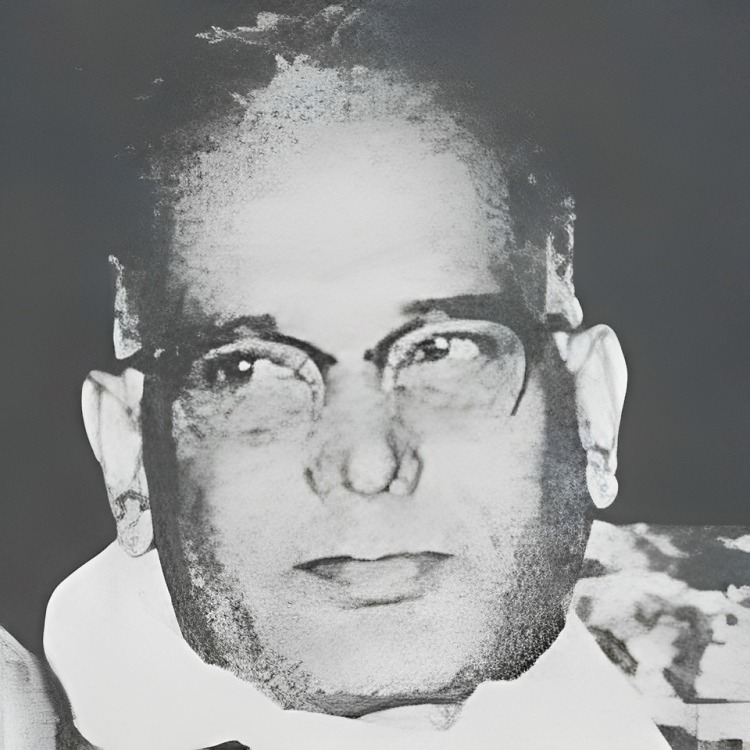Jayaprakash Narayan: The Loknayak, India’s Moral Compass

Jay Prakash Narayan, affectionately known as JP, was not just a politician. He was a philosopher, a socialist, a Gandhian, and, above all, a moral compass for India. Born on October 11, 1902, in Sitamarhi, Bihar, his life was a testament to the enduring power of non-violent activism and the unwavering pursuit of social justice.
Early Life and Awakening:
Young JP’s path began in academic pursuits, studying at universities in Patna and Iowa. However, his idealism found a more potent outlet in the freedom struggle. Inspired by Gandhi and the ideals of non-violent resistance, JP returned to India in 1929 and actively participated in the Quit India Movement. He endured imprisonment and torture, his resolve hardening with each hardship.
Beyond Independence:
Post-independence, Jayprakash remained a potent force for social change. He championed the cause of the marginalized, organizing the Bhoodan (land gift) movement to redistribute land to the landless and Sarvodaya, a movement striving for social and economic equality. His socialist leanings clashed with Nehru’s centralized policies, leading to a temporary distancing from mainstream politics.

Total Revolution:
The 1970s, however, saw Jayprakash emerge as a national leader once again. India was reeling under Indira Gandhi’s authoritarian Emergency rule, with censorship, suppression of dissent, and widespread arrests. JP, then in his 70s, became the rallying point for an unprecedented mass movement against the government. His call for “Total Revolution” – encompassing not just political change but a complete revamp of Indian society based on Gandhian principles – resonated across the nation.
Leading by Example:
JP’s leadership wasn’t confined to fiery speeches and rousing rallies. He led by example, undertaking a nationwide padyatra (foot march) to connect with the masses and understand their grievances firsthand. This grueling journey, despite his age and frail health, solidified his image as a selfless leader, deeply connected to the people.
Impact and Legacy:
The JP movement, though ultimately unsuccessful in bringing down the Emergency, served as a critical turning point in Indian democracy. It reinvigorated public discourse, challenged authoritarianism, and paved the way for the Janata Party’s victory in the 1977 elections, ending Indira Gandhi’s rule. While he declined to take any political office, Jayprakash iremained a guiding force, advising leaders and advocating for social justice until his death in 1979.

Famous Statements:
JP’s words still resonate across generations. Here are some of his most impactful quotes:
- “Power corrupts. Absolute power corrupts absolutely.” – A stark reminder of the dangers of unchecked power, uttered during the Emergency.
- “Every child comes with the message that God is not yet discouraged of man.” – A testament to his faith in humanity and optimism for the future.
- “Revolution is not violence; it is change… Change in the values, structures, and institutions of our society.” – Clarifying the essence of his “Total Revolution” vision.
- “That power which comes from the barrel of a gun, can only take care of external threats. The power to deal with internal problems comes from the people.” – Highlighting the importance of citizen participation and grass-roots democracy.
Beyond Politics: The Poetic Soul and Visionary Leadership of Atal Bihari Vajpayee
Beyond Politics:
JP’s legacy extends beyond the realm of politics. He was a prolific writer and thinker, penning several books and essays on Gandhian philosophy, social democracy, and the future of India. His commitment to non-violence, social justice, and individual freedom continues to inspire activists, politicians, and ordinary citizens alike.
Jayaprakash Narayan wasn’t just a leader; he was a movement. He wasn’t just a politician; he was a conscience. His life and work serve as a reminder that the pursuit of justice, equality, and a better India remains an ongoing journey, one that requires the unwavering commitment of each generation.
